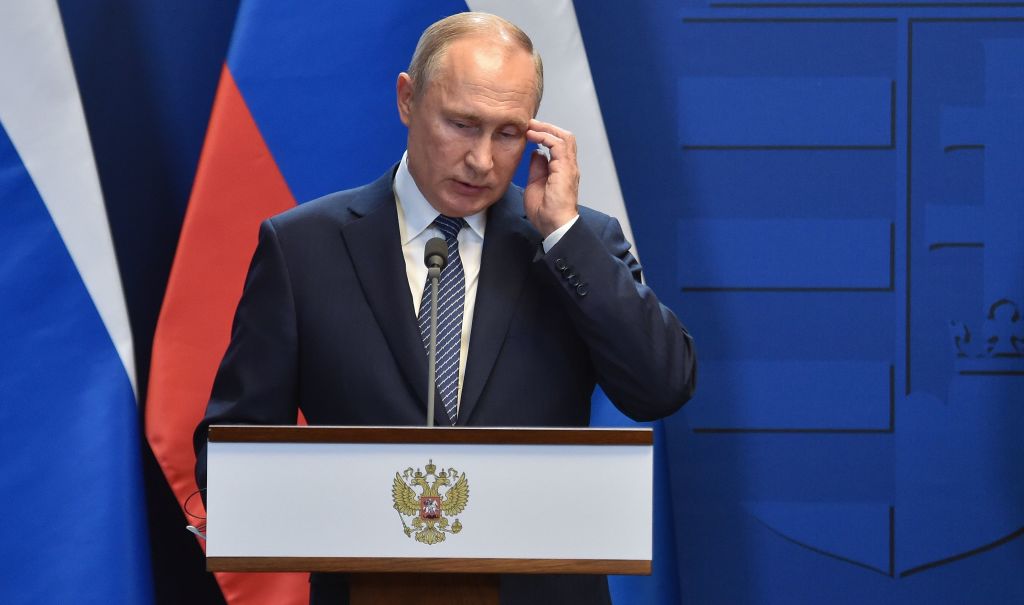In news that should surprise nobody, the German government says there is a ‘certain likelihood’ Alexey Navalny, the Russian opposition figure who fell ill while on a domestic flight last week and was evacuated to Germany on the weekend, was poisoned. According to doctors treating him, Navalny was poisoned by an unknown substance from ‘within the group of cholinesterase inhibitors’, indicating he is likely the victim of a nerve agent attack.
For many (perhaps too many), this already has Vladimir Putin’s finger prints all over it. Yet over the last two decades of being in power, Putin has blurred the boundaries between state, quasi-state, and non-state to the point where determining what is carried out by the state and what is carried out for the state has become almost impossible. This is particularly the case where violence is concerned.
Putin has purposely created an environment in Russia in which the state does not exercise a monopoly on violence – or put differently, the state exercises a monopoly on the ability to determine who is allowed to commit violence from within a range of state, quasi-state, and non-state actors, all of whom are deemed to be furthering the Kremlin’s aims.
At home, critics have been murdered with considerable regularity since Putin came to power.

Britain’s best politics newsletters
You get two free articles each week when you sign up to The Spectator’s emails.
Already a subscriber? Log in







Comments
Join the debate for just £1 a month
Be part of the conversation with other Spectator readers by getting your first three months for £3.
UNLOCK ACCESS Just £1 a monthAlready a subscriber? Log in